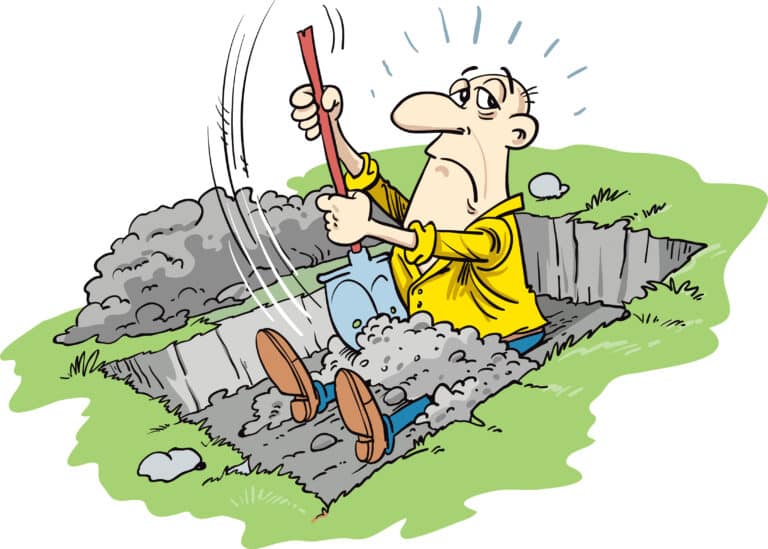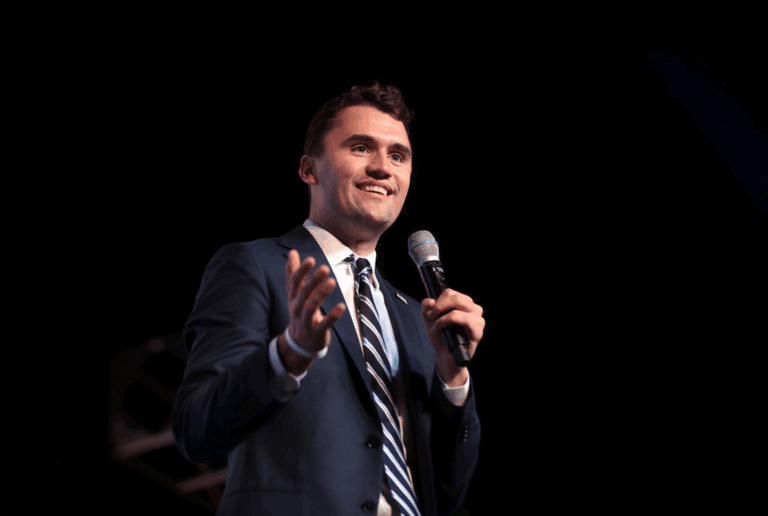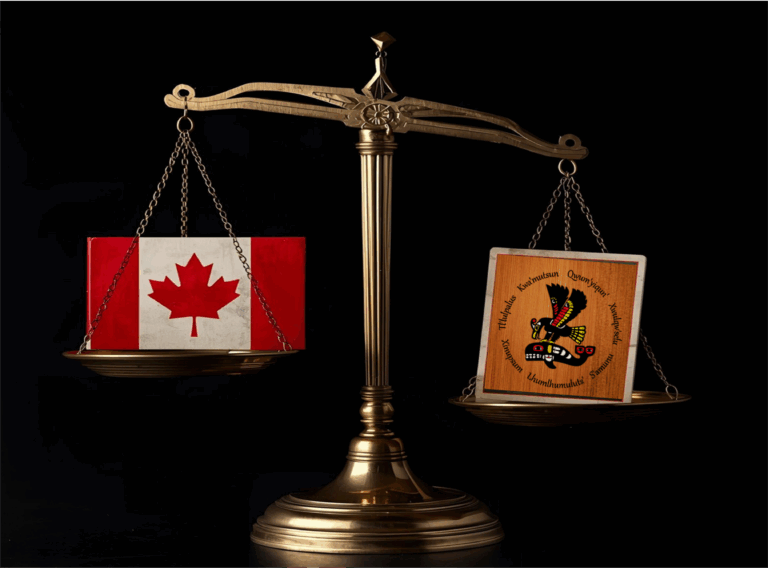The history of New England and Québec have been intertwined through wars, commerce, culture, and migrations. Until the end of the 20th century, people drove through the border between Québec and, on the other side, Vermont, New Hampshire or Maine without even (in most cases) showing identification papers. The scope of north-south migrations over more than a century is witnessed by the large number of French Canadian surnames in these states.
History has witnessed many famous travelers crossing the border. Henry David Thoreau published his A Yankee in Canada after an 1850 trip to Québec. From 1662 to 1665, New France explorers and coureurs des bois Pierre Esprit Radisson and Médard Chouart des Groseilliers lived in Massachusetts where they persuaded Boston merchants to finance one of their expeditions to Hudson Bay. Des Groseilliers may have lived in what is now Maine, and was then part of Massachusetts.
When I recently moved – permanently in my case – from Québec to Maine last year, I was following Radisson and des Groseilliers.
I found the geography and the mosquito population are much the same, although people in Québec (and in New Brunswick) can only hope that accelerated global warming will produce beaches like those of Maine! In both places, people are simple, perhaps naïve, but they are generally more polite in Maine.
Most New Englanders live under a sort of welfare state that differs from Québec’s but only in degrees. In fact, data from the Fraser Institute’s index of economic freedom in North America show that Maine and Vermont have a larger government than Québec in terms of expenditures and transfers as a proportion of GDP, and that they all rank among the worst of all states and provinces. In Massachusetts, a recently enacted public health insurance scheme mandates all residents to purchase private health insurance, at subsidized prices if necessary. In both Maine and Vermont, purchasing health insurance is voluntary, but insurance companies may not legally refuse anyone nor exclude any existing condition; call it socialism with a human and efficient face.
Regulation of business and daily life in New England is not always lighter than in Québec; it depends on which field of endeavour one considers. In terms of labour regulation, Maine ranks 43 out of the 60 provinces and states (plus the District of Columbia). That is still far from Québec’s 59th place but not exactly freedom’s paradise either. As in America in general, living without “government-issued photo ID” or a social security number is now impossible. But there as in other fields, New Englanders take it easy: I have never been asked for identification in grocery stores, unlike in California, where I spent part of last year.
Not surprisingly for a rather similar welfare state, Maine’s economic conditions are not very different from Québec’s, up to and including the potholes. GDP (and therefore income) per capita is even slightly lower in Maine than in Québec.
Of course, there is much variation within New England. New Hampshire is a beacon; it ranks close to the top in America for personal freedom and prosperity. Other states, including Maine, are too often distressingly similar to Québec and Canada. But at least here, things are changing in the right direction unlike in Québec.
Murder rates are slightly higher in New England than in Québec, but the difference is too small to be noticeable. In New Hampshire, the murder rate is the same as in Québec. In the Maine suburb where I live, people feel secure: at home, we often leave the doors unlocked at night. Like many people, I still keep a loaded semi-auto pistol on my night stand, just in case. Perhaps this is why life is so peaceful.
New Hampshire, Maine and especially Vermont rank among the states with the lowest level of gun control in America. Indeed, that’s the main reason I fled Canada. In Maine and New Hampshire, a permit is still necessary to carry a concealed weapon, but relatively easy to obtain. The typical resident of Maine or New Hampshire, and even more so for the typical Vermonter, can go around as heavily armed as a Montréal cop. This is unthinkable for the typical Quebecer or Canadian.
I never experience the difference between the Northern Welfare State (Canada) and the Maine Welfare State so much as when I hike armed “in the Maine woods” (as Henry David Thoreau entitled another one of his books), or drive around armed in my suburb.
Therein lies the paradigmatic difference between the welfare states of northern New England and the Québec (or Canadian) welfare state. Whatever socialism exists in New England is populist and individualistic, perhaps the sort that George Orwell idealized; Canadian socialism is top-down and collectivist. Quebecers feel they are equal nobodies, New Englanders think they are equal sovereigns. My voice and my feet go to the latter brand of socialism.







